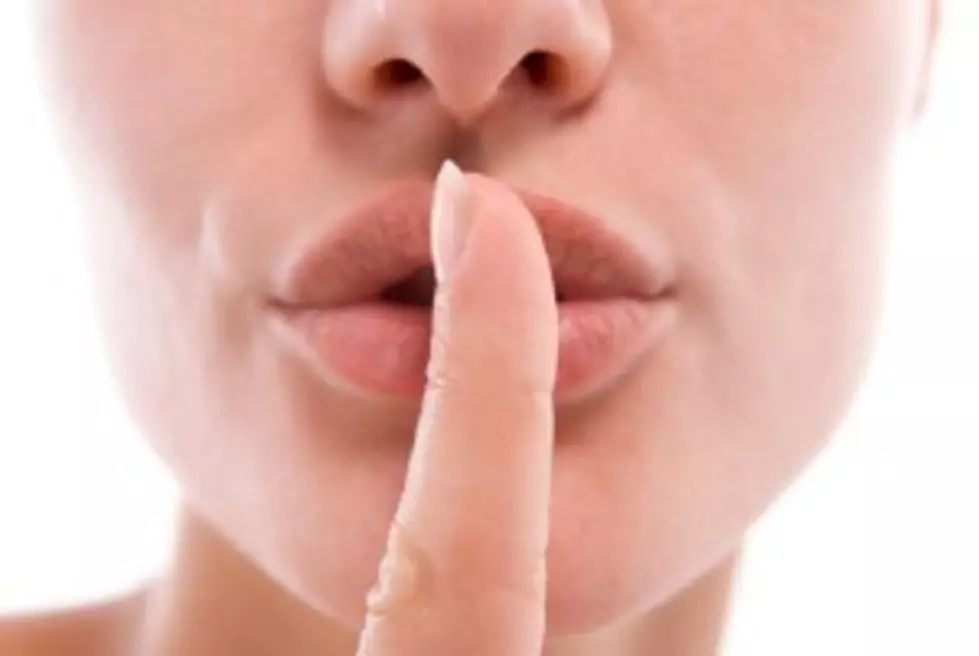
7 Parts of Your Body You Shouldn’t Touch With Your hands
Research shows that hands play a major role in the transmission of germs. Even after washing, hands and fingers are quickly re-contaminated.
That's especially true if you haven't clipped your nails lately, or if you sport some bling.
According to Men's Health, "Research shows that hands play a major role in the transmission of germs," says Kelly Reynolds, PhD, an associate professor in the Zuckerman College of Public Health at the University of Arizona.
"Even after proper washing, hands and fingers are rapidly re-contaminated from the surrounding environment."
Here are some places you should never touch with your hands:
1. Your Ear Canal
You should never stick your fingers—or anything else—in your ears. Introducing anything into the ear canal can tear the thin skin that lines the ear canal. If you feel a persistent itching sensation in your ears, see a doctor. Don’t dig around in there yourself.
2. Your Face
You can use your hands to wash your face or apply skincare. But otherwise, keep your paws off. When you rest your hands on a germy surface and then bring them to your forehead, it increases your likelihood of getting sick—and breaking out, too. Your fingers contain oils that can plug your pores.
3. Your Butt
Wiping and washing aside, just don't. Your backside does contain bacteria that could potentially be harmful.
4. Your Eyes
Unless you're putting in contacts or washing something out of your eye, keep them off limits. You can easily introduce germs into your eyes. Those bugs could cause pinkeye or other infections.
5. Your Mouth
Recent research from the U.K. found that people put their fingers on or around their mouths an average of 23.6 times per hour when they were bored at work. That's a problem: in a study, a third to a quarter of germs tested transferred from study subjects' fingers to their mouths.
6. The Inside of Your Nose
Quit digging for gold: In a study of ear, nose, and throat patients, nose pickers were 51% more likely to carry Staph bacteria in their noses than those who kept their hands off.
7. The Skin Under Your Nails
Lots of nasty bacteria, including staph, can live there. Your nails should be short to reduce the chances of carrying bacteria.
More From Lite 96.9 WFPG









